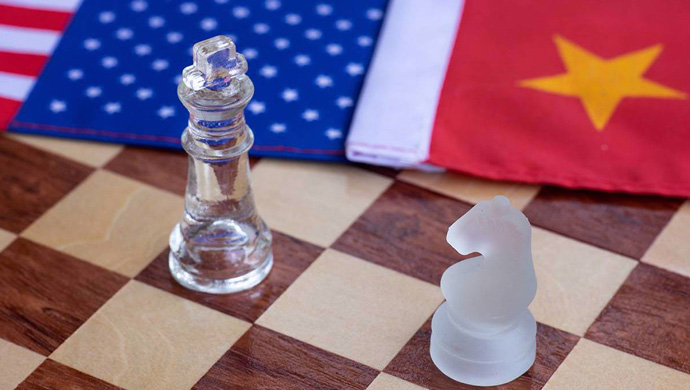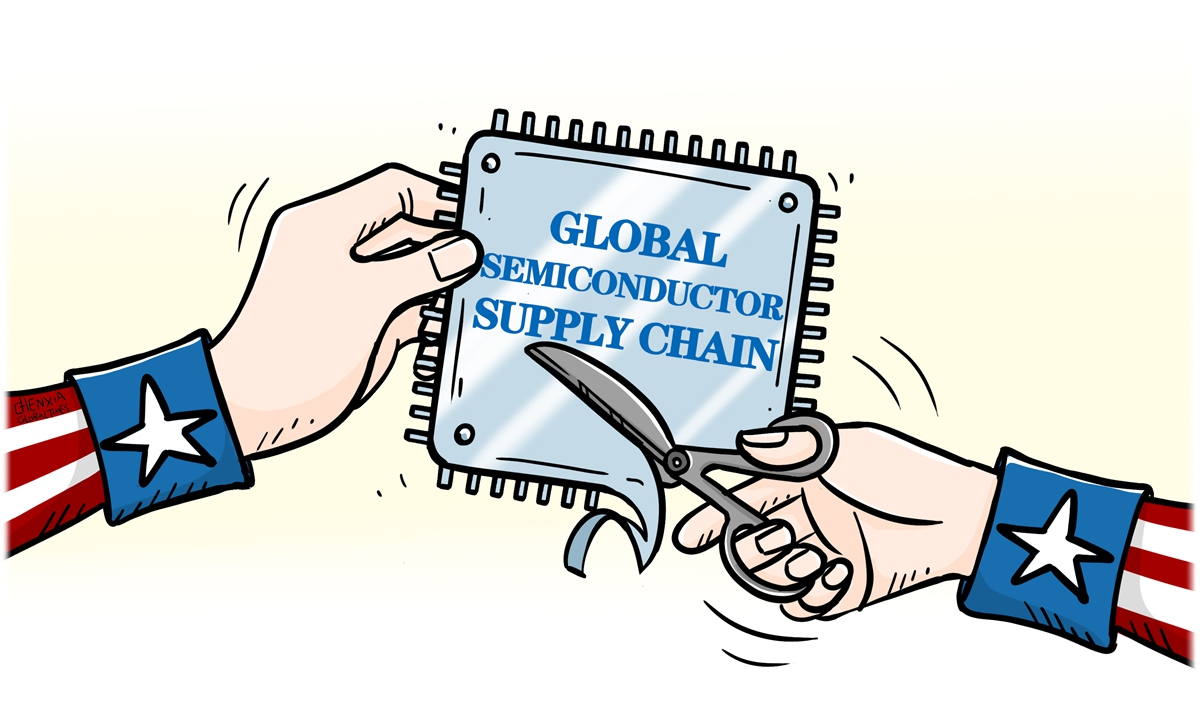Andrew Sheng, Distinguished Fellow at the Asia Global Institute at the University of Hong Kong
Xiao Geng, President of the Hong Kong Institution for International Finance
May 31, 2023
“The old is dying and the new cannot be born,” the Italian Marxist theorist Antonio Gramsci wrote in the early twentieth century. We seem to be living in a similar interregnum today, likewise marked by “a great variety of morbid symptoms,” including, not least, the breakdown of global supply chains and the return of inflation. The only way forward is to support the development of new markets, industries, and institutions. But who will finance this effort?
Zhang Monan, Deputy Director of Institute of American and European Studies, CCIEE
Mar 09, 2023
Industrial and supply chains have become the main theater of competition between China and the United States. America’s technology war will be deliberate, intense and long-term. For this reason, China must be strategically prepared for a protracted fight.

Da Wei, Director of Center for International Strategy and Security; Professor at Tsinghua University
Feb 14, 2023
It’s not in China’s best interests to be trapped in a bilateral tit-for-tat with the United States. We can do better by reaching out constructively to other developed countries. We will win the contest if we can do this.
Wu Zhenglong, Senior Research Fellow, China Foundation for International Studies
Feb 13, 2023
A ban on the export of advanced chip manufacturing equipment to China by the Netherlands and Japan, imposes sweeping restrictions. The ban aims to contain China’s semiconductor industry and further widen America’s tech lead. But it’s not going to work.
Ma Xue, Associate Fellow, Institute of American Studies, China Institutes of Contemporary International Relations
Feb 01, 2023
America’s efforts to reduce reliance on Chinese supply chains may limit China’s economic options in the short term. But this is not sustainable. In the long term, the rise of the Chinese economy cannot be stopped.
Joseph Vaughan, Masters Student, Johns Hopkins University School of Advanced International Studies
Justin Feng, Masters Student, Johns Hopkins School of Advanced International Studies
Oct 14, 2022
Export controls are central in economic competition between the U.S. and China. A new U.S.-led multilateral export control regime could further entrench efforts to exclude China from accessing Western technology.

Sun Bingyan, Vice Director of Research Center for Intellectual Property and Technological Security, University of International Relations
Wang Dong, Professor and Director, Institute for Global Cooperation and Understanding, Peking University
Aug 15, 2022
Washington wants to build a “small chip world” for itself that is decoupled from global supply chains. This is pure fantasy. The act can neither help the U.S. achieve a secure supply chain nor rejuvenate its domestic chip manufacturing sector. And it won’t slow China down either.
Brian Wong, Assistant Professor in Philosophy, HKU and Rhodes Scholar
Aug 02, 2022
China’s economy has weather the pandemic as well as any other nation’s has in the last few years, but the future seems uncertain as the world order is reshuffled as borders and regulations return to pre-outbreak norms.
Xu Hongcai, Deputy Director, Economic Policy Commission
Jul 27, 2022
China’s fundamentals are resilient and robust, and the trend points to normalcy and growth. Trade is up, inflation has been controlled, and while the U.S. Fed’s rate hike pushed many currencies down, the Chinese yuan has remained stable.
Li Zheng, Assistant Research Processor, China Institutes of Contemporary International Relations
Jun 15, 2022
Neither China nor the U.S. wants to see a humanitarian crisis brought by famine in developing nations. At the UN General Assembly in September, President Xi Jinping listed food security among eight key areas for China-U.S. cooperation. There is much that the major powers can do.